Calculus Simplified: Essential Integral Formulas for Mathematical Success
Understanding integral formulas is a key aspect of calculus, allowing you to solve integrals without having to perform the integration process from scratch each time. Here is a step-by-step guide on how to know about basic integral formulas, particularly focusing on the integral formulas for various functions:
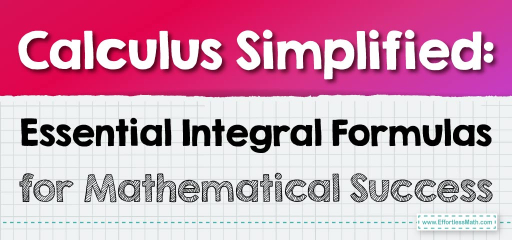
Step-by-step Guide to Know Essential Integral Formulas
Here is a step-by-step guide to know essential integral formulas:
Rational Functions:
Rational functions involve ratios of polynomials. When these polynomials are linear or quadratic, and we’re dealing with their reciprocals, there are specific integral formulas we can use.
- For \(∫\frac{1}{x} \ dx\): The result is the natural logarithm of the absolute value of \(x\), plus the constant of integration \(C\). \(∫\frac{1}{x} \ dx=ln∣x∣+\ C\)
- For \(∫\frac{1}{ax+b} \ dx\): If a is not zero, you divide the natural logarithm of the absolute value of \(ax+b\) by \(a\) and then add the constant of integration. \(∫\frac{1}{ax+b} \ dx=\frac{1}{a}ln∣ax+b∣+ \ C\)
- For \(∫\frac{1}{x^2+a^2} \ dx\): The result is the inverse tangent of \(\frac{x}{a}\), divided by \(a\), plus \(C\). \(∫\frac{1}{x^2+a^2} \ dx=\frac{1}{a}tan^{−1}(\frac{x}{a})+C\)
- For \(∫\frac{1}{x^2−a^2} \ dx\): This yields the natural logarithm of the absolute value of the fraction \(\frac{(x−a)}{(x+a)}\), divided by \(2a\), plus \(C\). \(∫\frac{1}{x^2−a^2}dx=\frac{1}{2a}ln∣\frac{x−a}{x+a}∣+ \ C\)
Exponential Functions:
Exponential functions involve the constant \(e\) (Euler’s number) or any other base raised to the power of \(x\).
- For \(∫e^x dx\): The integral is simply \(e^x\) plus the constant of integration. \(∫e^x dx=e^x+\ C\)
- For \(∫a^x dx\): With a base \(a\) (where \(a>0\) and \(a≠1\)), the result is \(a^x\) divided by the natural logarithm of \(a\), plus \(C\). \(∫a^xdx=\frac{a^x}{ln \ a}+ \ C\)
Logarithmic Functions:
Logarithmic functions can be integrated using specific formulas as well.
- For \(∫lnx \ dx\): The integral is \(x\) times the natural logarithm of \(x\) minus \(x\), plus \(C\). \(∫lnx \ dx=xln x−x+ \ C\)
- For \(∫\frac{1}{xln \ a} \ dx\): This integral results in the natural logarithm of the absolute value of \(lnx\), plus \(C\). \(∫\frac{1}{xln \ a} \ dx=ln ∣lnx∣+ \ C\)
- For \(∫\frac{1}{xln \ x} \ dx\): You get one half the natural logarithm of \(x\) squared, plus \(C\).\(∫\frac{1}{xln \ x} \ dx=\frac{1}{2}ln^2x+ \ C\)
Trigonometric Functions:
The integrals of trigonometric functions are particularly useful in various areas of science and engineering.
- Sine Function:\(∫sin(x) \ dx=−cos(x)+C\)
- Cosine Function:\(∫cos(x) \ dx=sin(x)+C\)
- Tangent Function:\(∫tan(x) \ dx=−ln∣cos(x)∣+ \ C\) or alternatively, \(∫tan(x) \ dx=ln∣sec(x)∣+ \ C\)
- Cotangent Function:\(∫cot(x) \ dx=ln∣sin(x)∣+ \ C\)
- Secant Function:\(∫sec(x) \ dx=ln∣sec(x)+tan(x)∣+ \ C\)
- Cosecant Function:\(∫csc(x) \ dx=−ln∣csc(x)+cot(x)∣+ \ C\)
- Secant Squared Function (Derivative of Tangent):\(∫sec^2(x) \ dx=tan(x)+C\)
- Cosecant Squared Function (Negative Derivative of Cotangent):\(∫csc^2(x) \ dx=−cot(x)+C\)
- Secant times Tangent Function:\(∫sec(x)tan(x) \ dx=sec(x)+C\)
- Cosecant times Cotangent Function:\(∫csc(x)cot(x) \ dx=−csc(x)+C\)
Final Word
Remember that mathematics is a language, and like any language, practice leads to proficiency. Keep these formulas at your fingertips, and you’ll find that what once seemed complex will become second nature. Your journey through the landscapes of calculus need not be a solitary one; let the integral be your guide, the constant \(C\) your companion, and the spirit of inquiry your driving force.
And so, with these formulas in your intellectual toolkit, go forth and integrate with confidence, for in the language of calculus, you are now well-versed. Here’s to your mathematical success—may it be as boundless as the infinite integrals you now master!
Related to This Article
More math articles
- Dive into Fractions: How to Solve Addition and Subtraction Word Problems
- Intelligent Math Puzzle – Challenge 88
- Place Values Relationship
- 5th Grade PSSA Math Practice Test Questions
- FREE TExES Core Subjects EC-6 Core Math Practice Test
- SAT Math Practice Test Questions
- The Ultimate 7th Grade RICAS Math Course (+FREE Worksheets)
- Word Problems Involving Comparing Rates
- Algebra Puzzle – Challenge 49
- Top 10 Tips to ACE the CBEST Math Test
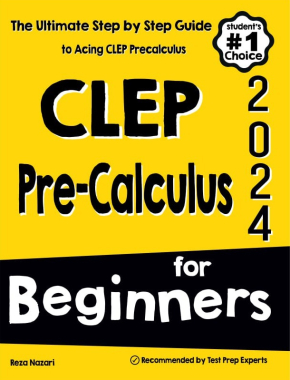
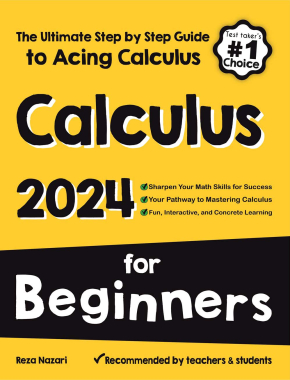


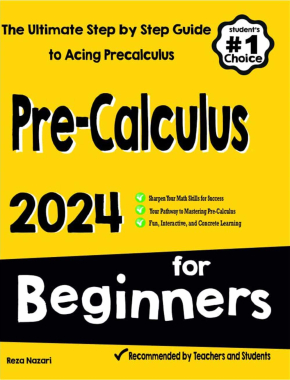
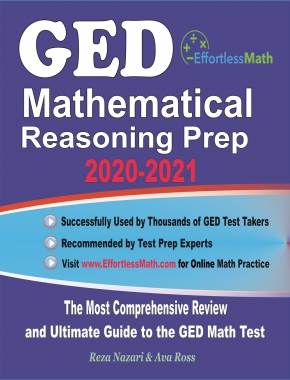
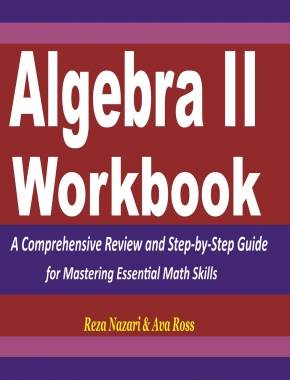
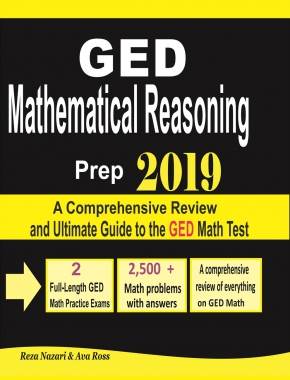

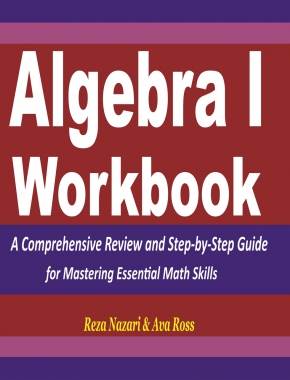
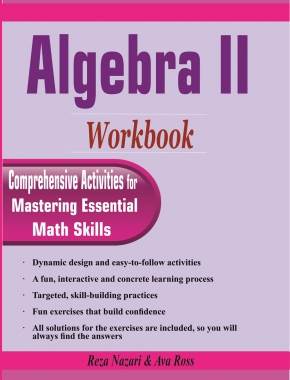
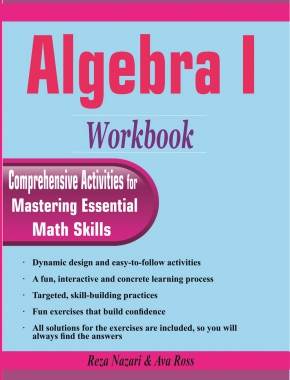
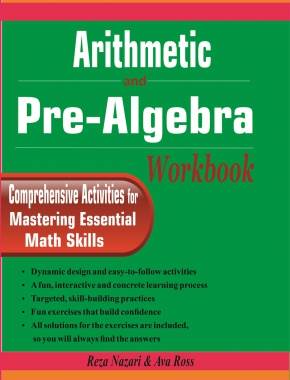
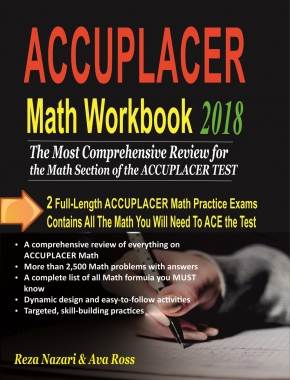
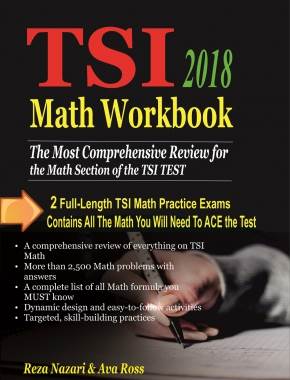


What people say about "Calculus Simplified: Essential Integral Formulas for Mathematical Success - Effortless Math: We Help Students Learn to LOVE Mathematics"?
No one replied yet.